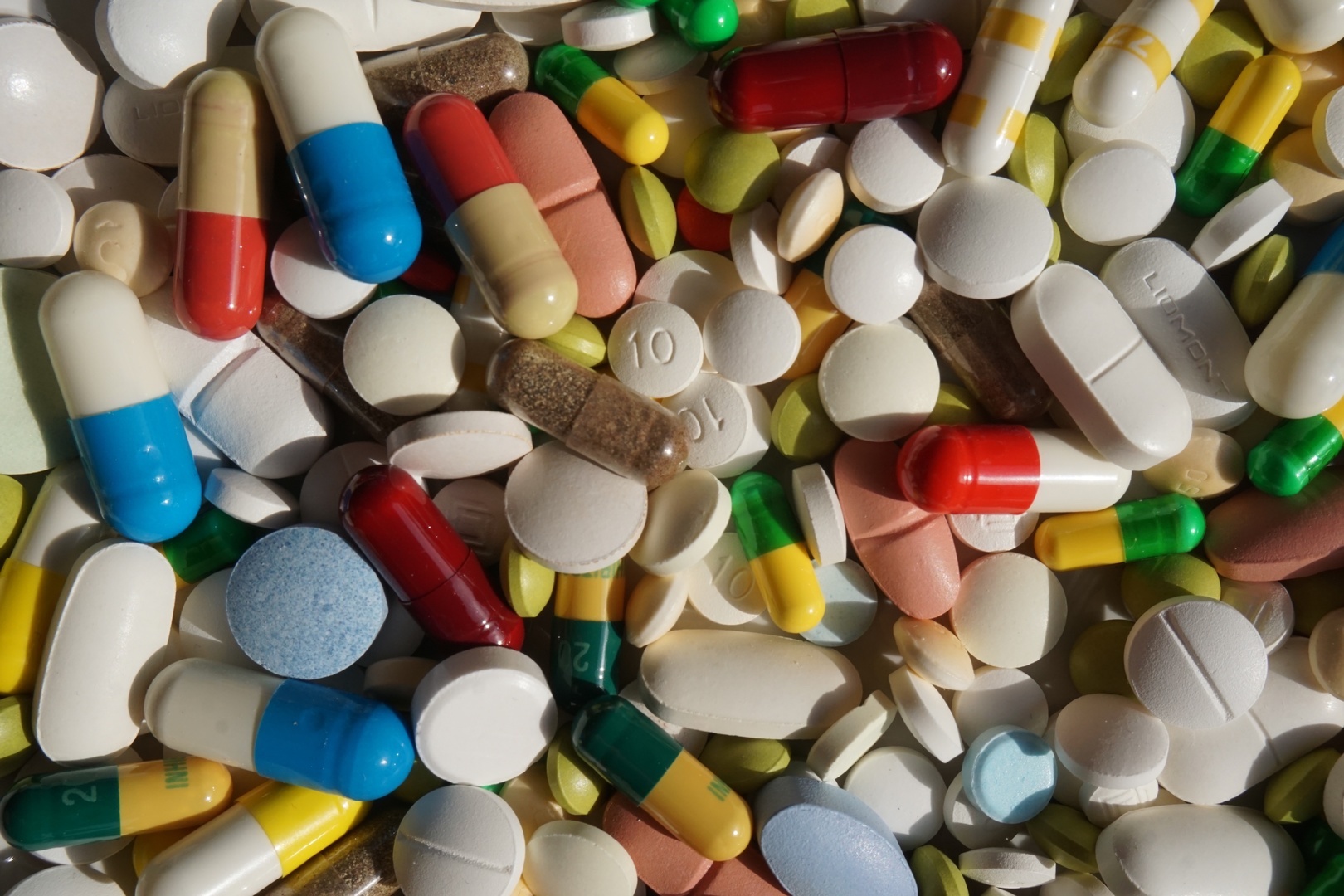By Dorah Feliciano, Contributing Reporter
BRASÍLIA, BRAZIL – Brazil’s Supreme Court (STF) decided on Thursday that the federal, state and municipal governments are “jointly responsible” for the payment of people’s health care. The justices are still expected to analyze whether the government must provide high-cost medicines not included in the national health system list.

The issue has been on the STF docket since 2016 when three lawsuits demanded that federal revenue be used for the payment of high-cost drugs for the treatment of rare diseases.
According to data from the National Justice Council (CNJ), more than forty thousand lawsuits await the Brazilian high court’s final position on the issue.
On Tuesday, the Supreme Court had decided to imposed restrictions on the government’s supply of drugs that have no registration at the national health surveillance agency ANVISA.
The justices decided that the state cannot be required to pay for experimental drugs and that courts can only determine that the government pay for registered medications.
According to the decision, the payment of an unregistered drug may be authorized “in exceptional cases”, such as if ANVISA takes an unreasonably long time to analyze the authorization request. The tolerance period for such analysis is expected to vary from 120 to 365 days.
No experimental or imported drug will be supplied free if there is a therapeutic substitute in Brazil.
“The Supreme Court is still going to analyze whether the government must provide high-cost medicines. The issue spreads to all states of the country. There is an urgent need for ANVISA to provide drugs for rare diseases. We hope that the STF can decide in favor of the Brazilian people,” said Senator Chico Rodrigues.
The debate on Thursday, however, was interrupted by justices who decided to pause the discussion about drugs and restart the debate on whether or not to criminalize homophobia.

